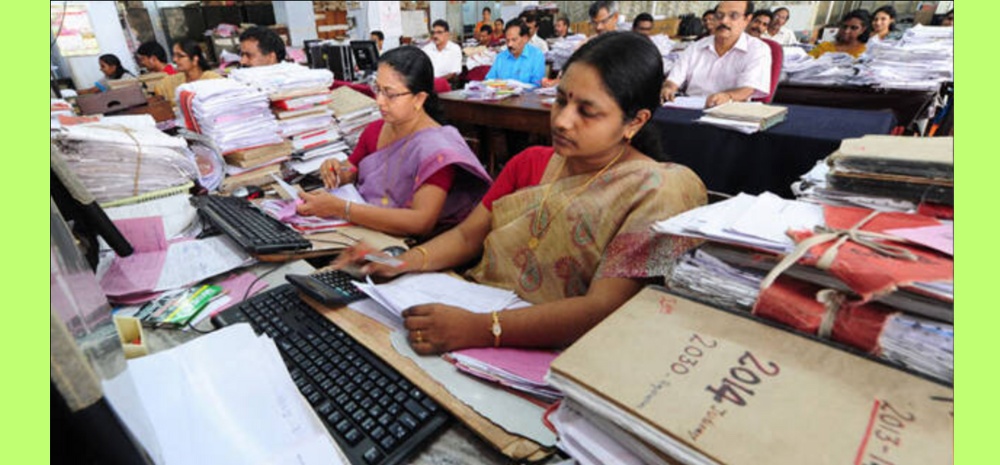
Anticipated DA Adjustment Aligns with Inflation Trends
Central government employees are poised to see a 4% increase in their Dearness Allowance (DA), effective from July 2025, as inflation data continues to shape wage adjustments. This revision, projected to raise the DA from 55% to 59%, will provide temporary relief to recipients while they await the next major pay revision under the 8th Pay Commission. The decision hinges on the All India Consumer Price Index for Industrial Workers (AICPI-IW), which has shown consistent growth, reaching 144 in May 2025. Analysts suggest that if the index surpasses 144.5 in June, the 12-month average could climb to 144.17, triggering the 7th Pay Commission’s formula to calculate the new DA rate at 58.85%, rounded to 59% for implementation.
Official Announcement Timeline and Festival Alignment
While the DA hike will take effect in July, the formal announcement is expected to occur around September or October, timed to coincide with the Diwali festival. This pattern of aligning wage adjustments with festive periods is designed to stimulate consumer spending and boost public sentiment during a celebratory season. Officials have maintained that the timing ensures transparency and allows for adequate preparation by affected employees. The delay between the effective date and announcement reflects administrative procedures and the need to finalize calculations based on updated inflation metrics.
7th Pay Commission’s Final Hike and 8th Commission Delays
This proposed DA adjustment marks the likely last revision under the 7th Pay Commission, which is set to expire on December 31, 2025. The 8th Pay Commission, announced in January 2025, remains unconstituted, with no chairman appointed and Terms of Reference still pending. Industry experts note that the new commission’s recommendations could take 18-24 months to materialize, potentially delaying the implementation of a revised pay structure until 2027. However, the new framework is expected to be applicable from January 1, 2026, with arrears paid retroactively to ensure employees receive fair compensation for the gap.
Historical Context and Future Implications
Historical data on pay commission timelines indicates that comprehensive reforms often take 18-24 months to finalize, with the 8th Pay Commission’s report likely to be submitted by mid-2026. This delay underscores the complexity of balancing inflation adjustments with budgetary constraints and administrative processes. Meanwhile, the current DA hike offers a short-term solution to address rising living costs for central government employees. Advocacy groups have called for expedited progress on the 8th Pay Commission to ensure long-term financial stability for public sector workers, emphasizing the need for a structured approach to wage revisions in a rapidly evolving economic landscape.




